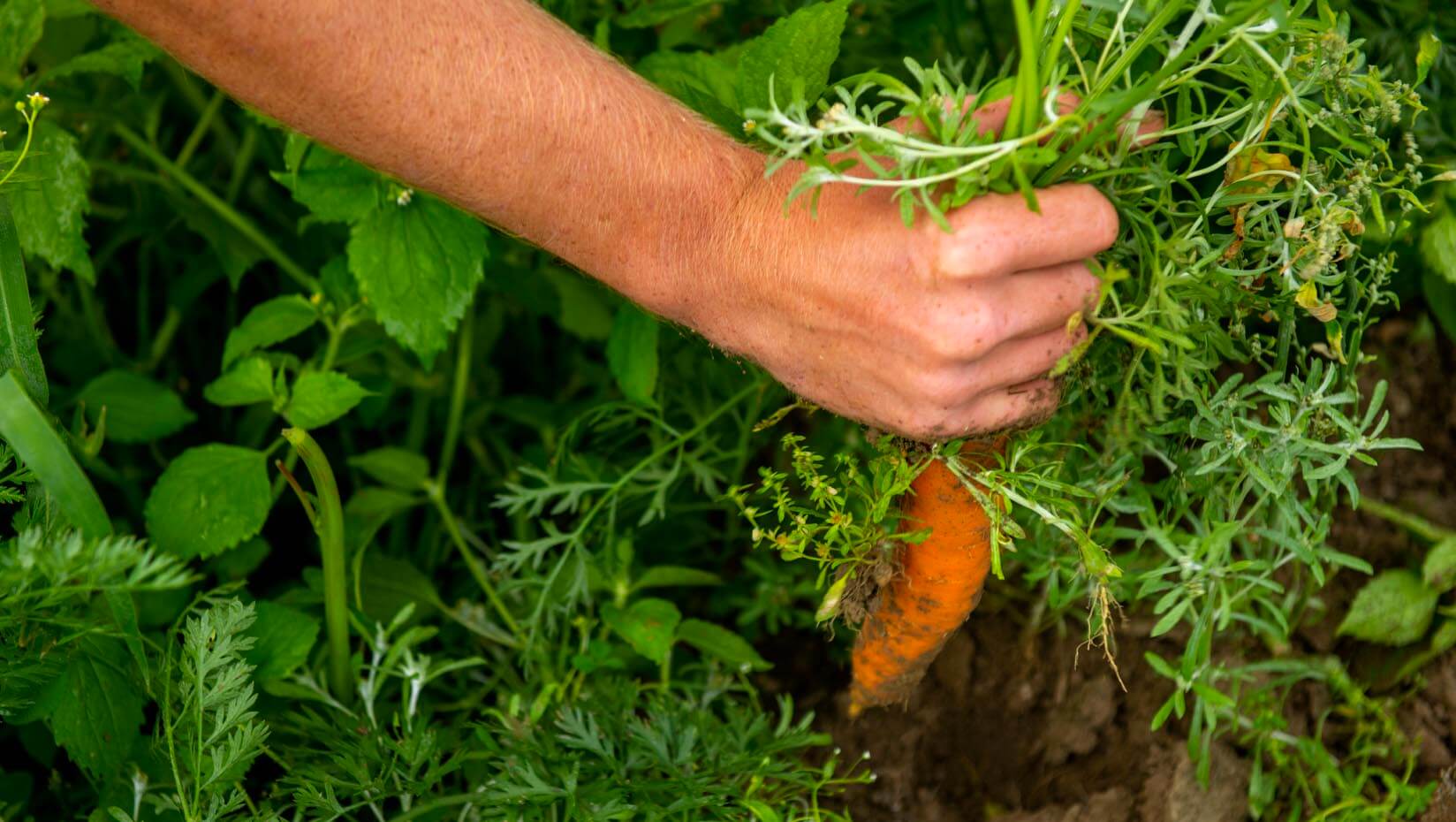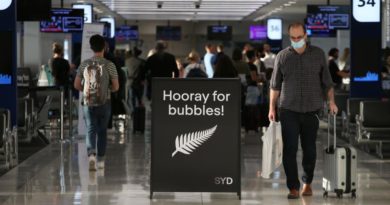Home and wild food production helped prevent hunger during COVID-19 pandemic, study finds – UMaine News

Home and wild food production helped prevent hunger during COVID-19 pandemic, study finds
Gardening, hunting, fishing, foraging and maintaining backyard poultry and livestock increased in rural New England during the first year of the COVID-19 pandemic. A new study found that these activities, collectively known as home and wild food production, reduced hunger among households during that period.
Researchers from the University of Vermont and University of Maine surveyed nearly 1,000 people in their respective states — two of the most rural in the nation — about the food they eat and their ability to access it. They found that people who began or increased their home and wild food production at the start of the pandemic improved their food security 9–12 months later.
The increase in food access was exhibited primarily among those who became food insecure at the start of the pandemic. Of the survey respondents who were newly food insecure and engaged in home and wild food production, 25% reported having later gained back sufficient access to nutritional resources.
Those who were newly and chronically food insecure were also more likely to continue gardening, fishing, hunting, foraging or rearing backyard livestock post-pandemic, according to researchers. Households that have experienced food insecurity, however, lacked the money or land to pursue these activities long-term.
Researchers hope their study, published in the journal Scientific Reports, will encourage policymakers to consider how home and wild food production can create more resilient food systems, and help tear down the barriers to entry.
“Even during normal times, there are many barriers to food access especially for people experiencing poverty. When the COVID-19 pandemic began, there were additional barriers including travel restrictions, stay-at-home orders, and disruptions to the supply chain,” said Rachel Schattman, an assistant professor of sustainable agriculture at UMaine who co-authored the study. “While there were a variety of food assistance programs, no one had really looked at how self-provisioning things like hunting, gardening, canning, foraging and raising backyard animals contributed to food security.”
Other UMaine researchers involved in the project were Jonathan Malacarne, assistant professor of agricultural economics; Kate Yerxa, professor and educator nutrition and physical activity with University of Maine Cooperative Extension; and Janica Anderzen, a post-doctoral researcher in the UMaine Agroecology Lab.
Read the full story on the UVM website.
Contact: Marcus Wolf, 207.581.3721; marcus.wolf@maine.edu




